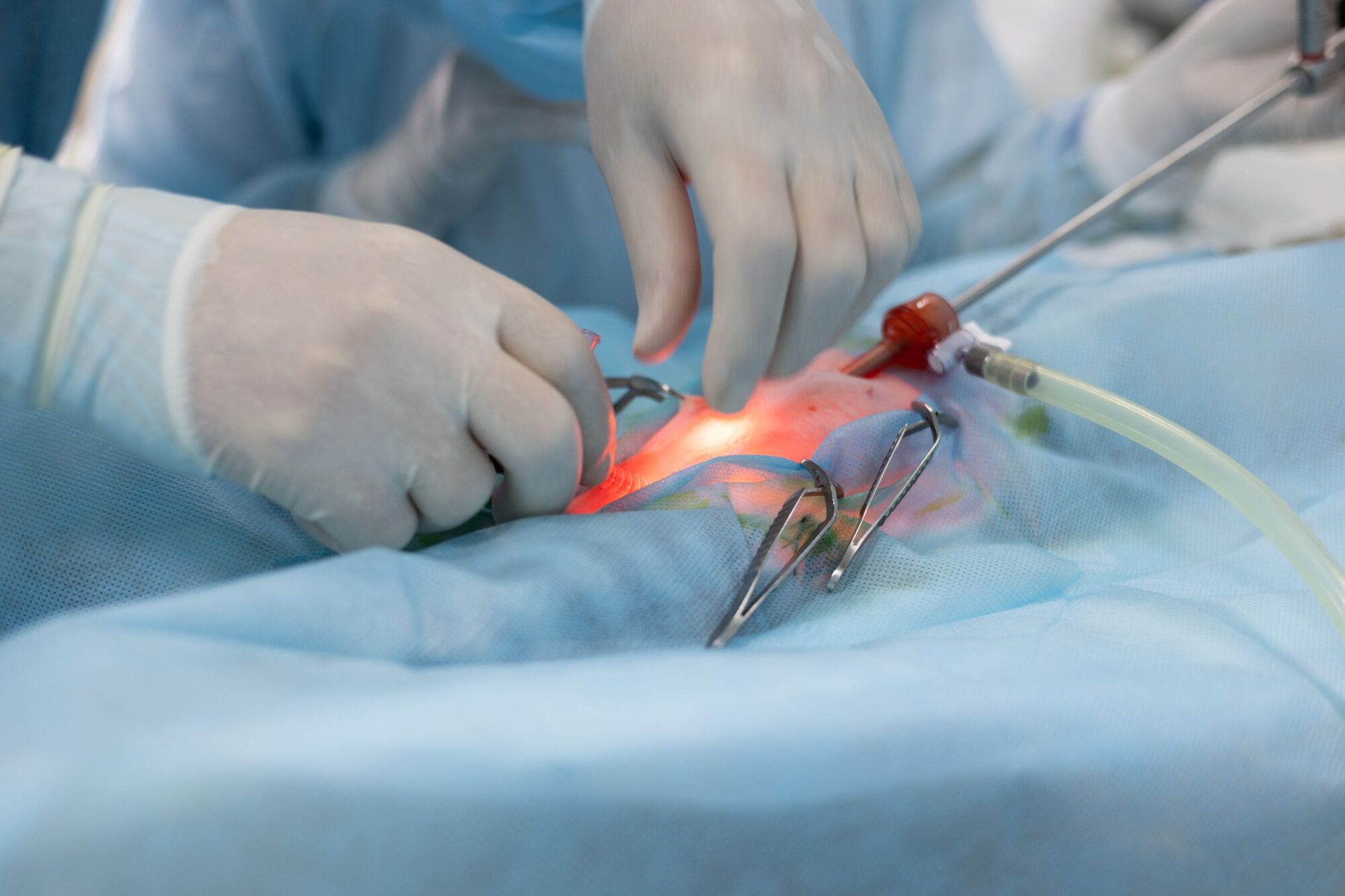Pawsitively Prepared: A Guide to Preparing Your Pet for Surgery

While most pet owners aren’t super excited for their pet to have surgery, it is something nearly every animal lover will have to deal with at some point. Whether it is to be spayed or neutered, to undergo an urgent procedure, or for routine care like a dental cleaning, anesthesia is a common component of pet health and wellness. So what can you as a pet owner do? Curem Veterinary Care is here to guide you through optimal pet surgery preparation.
Before Surgery
Leading up to your pet’s procedure (provided it isn’t an emergency), there are definitely some things that you can do to prepare, including:
- Be sure you understand the procedure that your pet is having and what to expect (we are always happy for you to ask questions)
- Ask about whether your pet should receive routine medications and/or supplements as normal
- Understand what activity restrictions may be needed after surgery and prepare for active pet enrichment
- Inquire if you think that your pet could benefit from medications before surgery to help with anxiety
- Research and make a decision about services that may be optional such a pre-anesthetic testing
- Get your pet used to wearing an Elizabethan (cone) collar or using a crate if needed after surgery
- If your pet will have stitches, consider bathing or grooming before the procedure as water is a no-no for a few weeks for healing wounds
Our team will also deliver pre-surgical instructions to you prior to the procedure. Be sure that you ask any questions that you might have!
The Morning of Animal Surgery Checklist
When the day of your pet’s surgery has arrived, you will also want to be sure that you are ready. It is very helpful to be sure that whomever is bringing your pet in for their appointment is knowledgeable about their care and authorized to make decisions.
Your animal surgery checklist should include:
- Contact information for you or another responsible party who will be readily available for emergencies or urgent questions
- Any additional requests for your pet that you might have
- A familiar blanket, article of clothing, or toy for your pet to snuggle
- A few servings of your pet’s food, especially if they are staying longer than the day
- A list of current medications, doses, and when they were last given
Bringing Your Pet Home
After a surgery, your pet is going to need a little TLC. All pets recover differently, but you can do a few things to help them get back on their paws more smoothly no matter how they react. Be sure to:
- Give them a quiet, secure area to rest when they get home
- Try not to bother them too much
- If not contraindicated, offer a small amount of food and water after they get settled in
- Try to keep other pets and family out of their space
- Monitor any incision carefully
- Encourage them to wear their cone collar if one was provided
- Restrict activity to allow healing
- Let us know if they are not eating within 24 hours of surgery
- Give prescribed medications according to directions, even if you don’t feel your pet needs them
With our pet surgery planning tips, you are bound to be ready for anything. Anesthesia and surgery are always a little stressful, but being ready ahead of time can help things to go smoothly.
